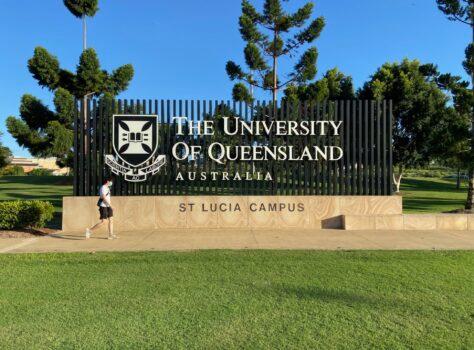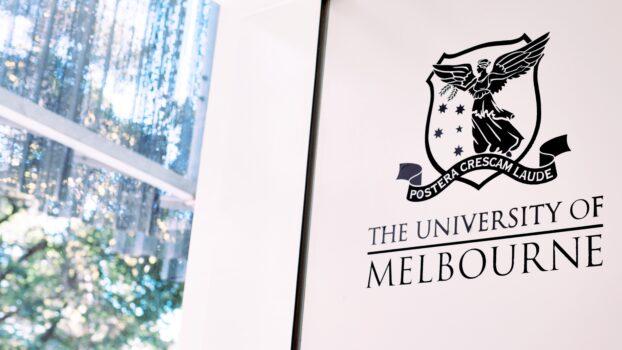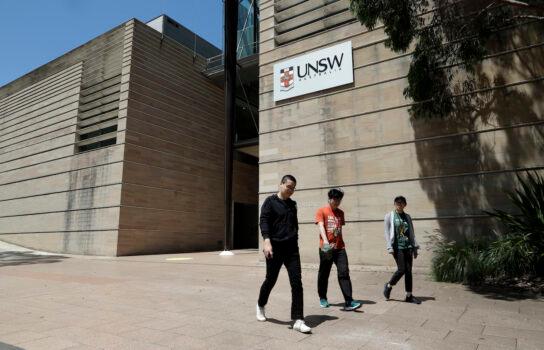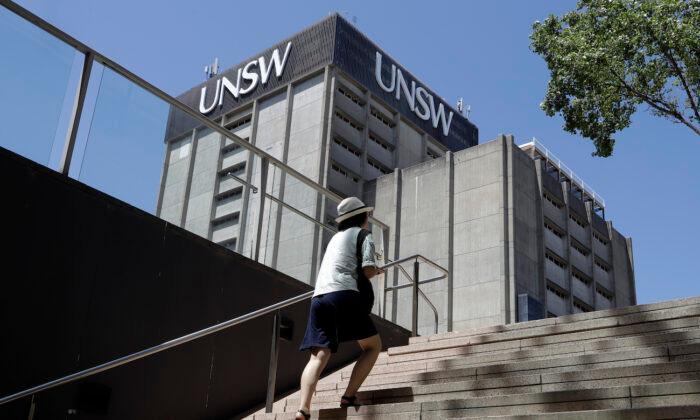Industry groups representing Australian universities are backing the federal government’s move to explore how the sector can better commercialise research and technological developments.
The government launched the University Research Commercialisation consultation paper in late February, seeking to gather ideas on how to best “maximise” the economic benefits of university research.
The Group of Eight Universities CEO Vicki Thomson said the country’s top eight universities carried out 70 percent of Australia’s research activity and were ready for the challenge.

“If COVID-19 has driven one message, it’s that our nation has learned some harsh lessons about being too reliant on others to supply us an ‘end product,’” she added.
Catriona Jackson, CEO of Universities Australia, representing 39 tertiary institutions across the country, said, “We look forward to continuing the work with government and industry to determine how to better translate and commercialise great Australian research.”

The Regional Universities Network (RUN) also supported the move, with CEO Nick Klomp saying he looked forward to demonstrating the capabilities of regional institutions.
The federal government’s move could prove profitable for the sector, as demonstrated by the Israeli tertiary sector, which is often held up as a shining example of how universities can effectively commercialise their research.
While university groups welcome the government’s proposal, Associate Professor Salvatore Babones of the University of Sydney warned commercialising research was no easy feat.
“Commercialisation has long been the holy grail of university research funding, ‘Always sought but never found,’” he told The Epoch Times.

“The problem is that university and commercial research priorities differ dramatically. In most cases, it makes more sense for a private company to simply poach university researchers if their research truly has commercial value,” he said.
“I strongly suspect that most universities will spend more money on their commercialisation offices than they actually earn from commercialisation,” he added.
However, the onset of COVID-19 and subsequent border closures has devastated the sector.
“What worries me is the university system as we knew it, which was not perfect, will never come back again,” he said.
“If an international student didn’t enrol in 2020, the loss would be felt for what would have been their entire three or four years at university,” she said.






Friends Read Free